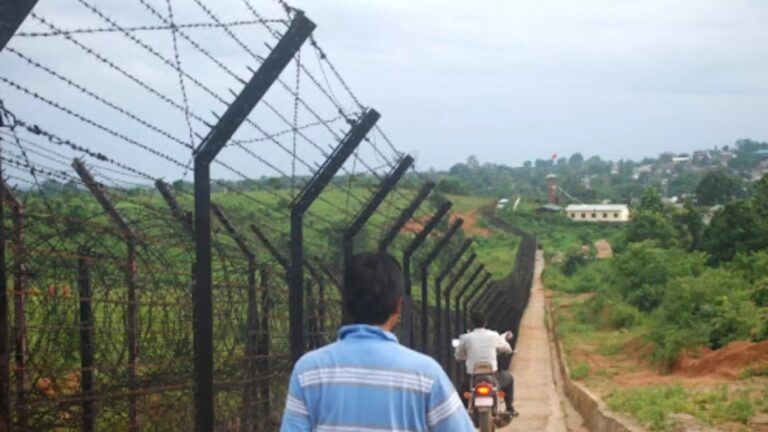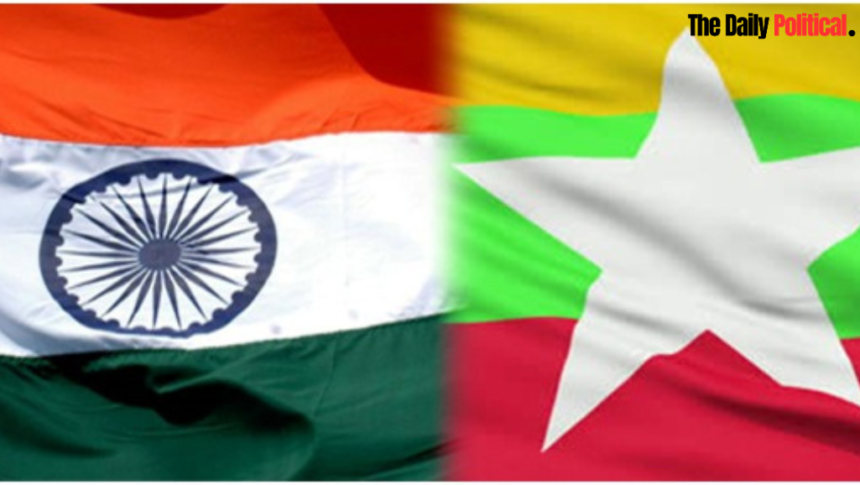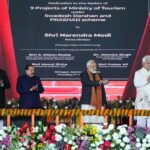New Delhi: The Government of India has abolished the Free Movement Regime (FMR) between India and Myanmar with immediate effect.
For a long time, India was facing illegal infiltrators from Myanmar, and agricultural and settlement land was also being dug up in the area and taken away. A major reason for the increase in these problems was Free Movement Regime of the Government of India. Under this, people of India and Myanmar can easily cross the border. There are many families near the border, some of whose members live in India and some in Myanmar. But due to terrorist attacks and drug trafficking now Government of India has abolished the Free Movement Regime today.
Home Minister Amit Shah gave this information by posting on X.
While posting, Amit Shah wrote, “It is the resolve of Prime Minister Shri Narendra Modi ji to secure our borders. The Ministry of Home Affairs (MHA) has decided to terminate the Free Movement Arrangement (FMR) between India and Myanmar in order to ensure the internal security of the country and to maintain the demographic structure of the north-eastern states of India bordering Myanmar. Go. Since the Ministry of External Affairs is currently in the process of dismantling it, the Home Ministry has recommended immediate suspension of the FMR.
It is Prime Minister Shri @narendramodi Ji's resolve to secure our borders.
— Amit Shah (@AmitShah) February 8, 2024
The Ministry of Home Affairs (MHA) has decided that the Free Movement Regime (FMR) between India and Myanmar be scrapped to ensure the internal security of the country and to maintain the demographic…
Currently, India and Myanmar share 1,643 km long border in Manipur, Mizoram, Nagaland and Arunachal Pradesh, of which only 10 km is fenced in Manipur.
Earlier on February 6, Mr Shah had announced that the government would build a fence along the 1,643-km border with Myanmar.

What is the free Movement regime between India and Myanmar?
An agreement was reached in 2018 between the governments of India and Myanmar, called the Free Movement regime, under which one can travel up to 16 km by crossing the border from one country to another without any passport.
People living at the border need a one-year border pass to stay in the neighbouring country for up to two weeks.
The purpose of this Free Movement Regime was to promote trade between the friendly countries, to improve access to education and healthcare, and to share cultures between India and Myanmar.







